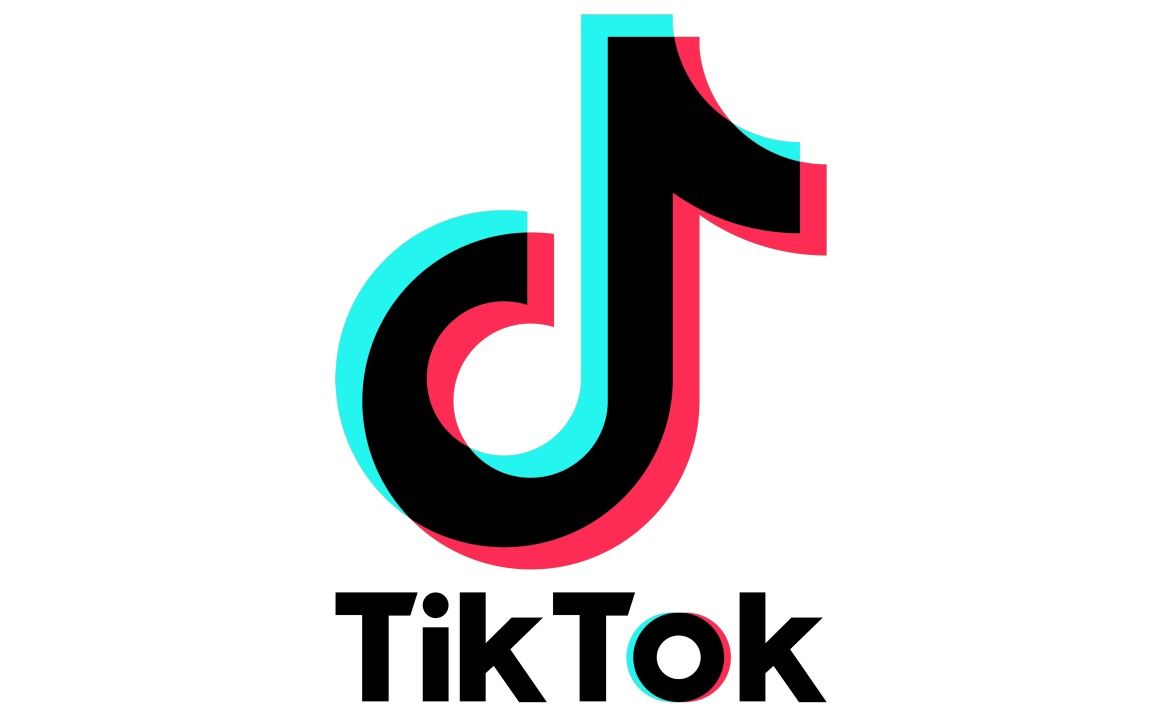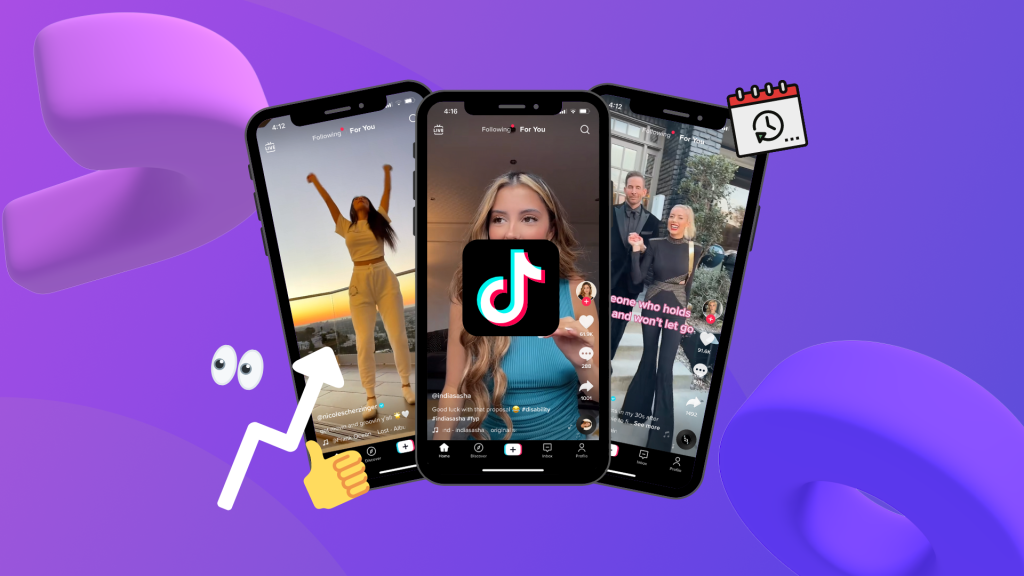
TikTok, the rapidly expanding social media platform, has captivated audiences worldwide with its eclectic mix of short-form videos, ranging from comedic sketches to dance challenges to educational content. As users immerse themselves in this digital realm, the desire to download and share TikTok videos has surged, leading to the proliferation of third-party tools known as TikTok video downloaders. However, the rise of these downloaders has sparked debates regarding ethics, legality, and the broader implications for content creators and consumers.
The Appeal of TikTok Video Downloaders
TikTok video downloaders offer users a convenient way to save their favorite videos from the platform for offline viewing, sharing with friends, or reposting on other social media platforms. With TikTok’s extensive library of content and the ever-growing creativity of its users, the ability to download videos provides flexibility and accessibility, allowing users to curate their own personalized collections of content.
Navigating Legal and Ethical Quagmires

Despite their convenience, TikTok video downloaders present complex legal and ethical challenges. When users upload content to TikTok, they grant the platform a license to host and distribute their videos. However, this license does not necessarily extend to third-party downloaders, raising questions about copyright infringement and intellectual property rights. Downloading and redistributing TikTok videos without proper authorization may violate the rights of content creators and contravene copyright laws, potentially exposing users to legal repercussions.
Privacy and Security Concerns
Beyond legal considerations, TikTok video downloaders https://tikd.cc/ also raise concerns about privacy and security. Engaging with third-party tools may expose users to malware, phishing attempts, or data breaches, compromising the security of their personal information and devices. Furthermore, downloading and sharing TikTok videos without consent may infringe upon the privacy and consent of individuals featured in those videos, emphasizing the importance of respecting the rights and autonomy of content creators.
Platform Policies and Enforcement Measures
To address these concerns, TikTok has implemented policies and measures to combat unauthorized downloading and sharing of content on its platform. The company’s terms of service explicitly prohibit users from downloading or distributing TikTok videos without permission, and it actively monitors and removes infringing content. Additionally, TikTok has taken steps to block access to third-party downloader tools, signaling its commitment to protecting the rights of creators and maintaining the integrity of its platform.
Promoting Responsible Digital Citizenship

As users navigate the digital landscape, it is crucial to understand the implications of downloading TikTok videos and to act responsibly when engaging with third-party tools. Platforms like TikTok should prioritize user education, providing clear guidance on copyright laws, privacy considerations, and the risks associated with downloading content through unauthorized means. By empowering users to make informed decisions and respect the rights of creators, we can foster a more ethical and responsible digital environment for all.
While TikTok video downloaders offer convenience and accessibility, they also raise complex legal, ethical, and privacy considerations. By promoting awareness, enforcing platform policies, and fostering responsible behavior, we can strike a balance between accessibility and accountability in the digital realm. Ultimately, by respecting the rights of creators and prioritizing ethical standards, we can ensure that TikTok remains a platform for creativity, connection, and expression while upholding the integrity of intellectual property rights and privacy protections.
